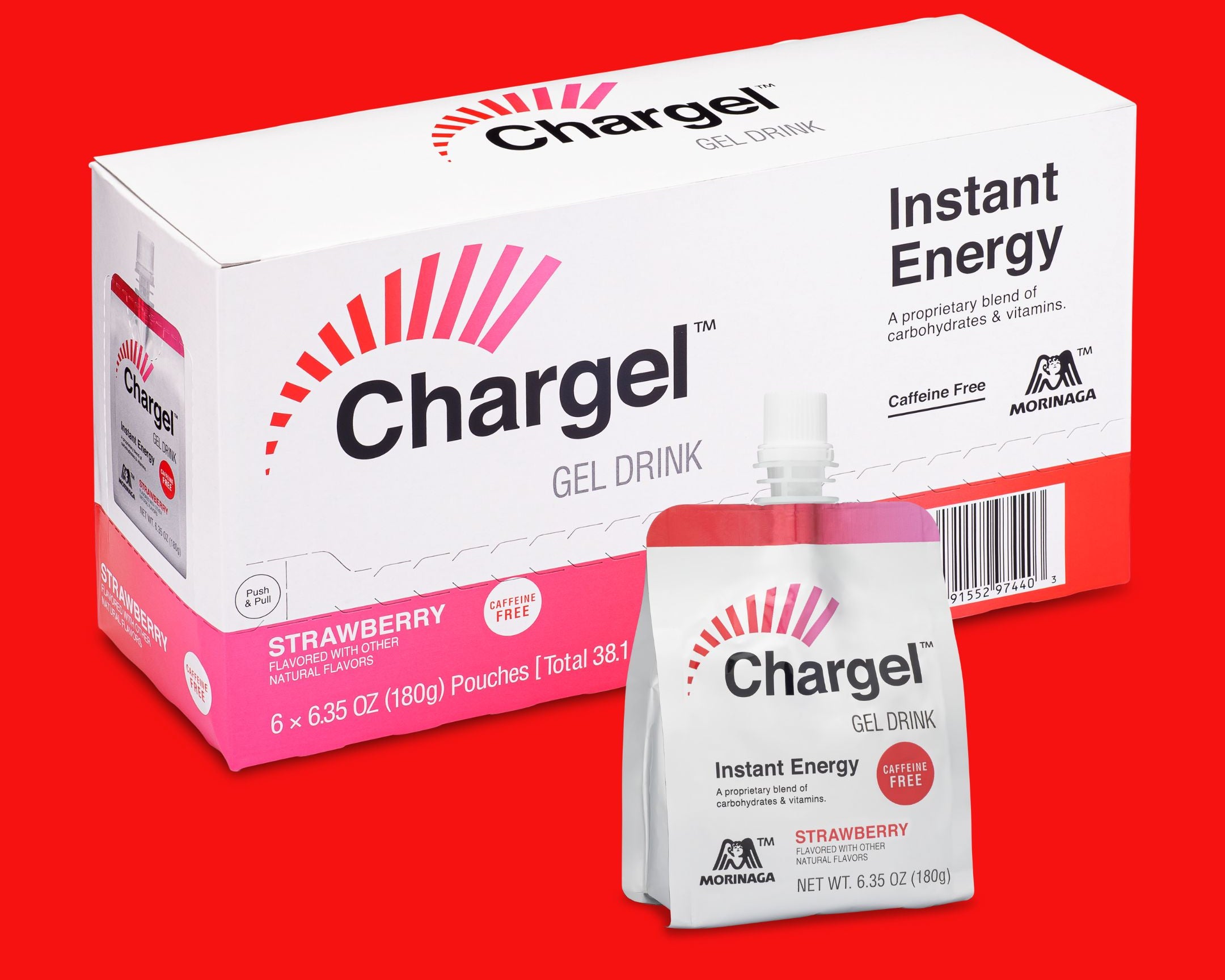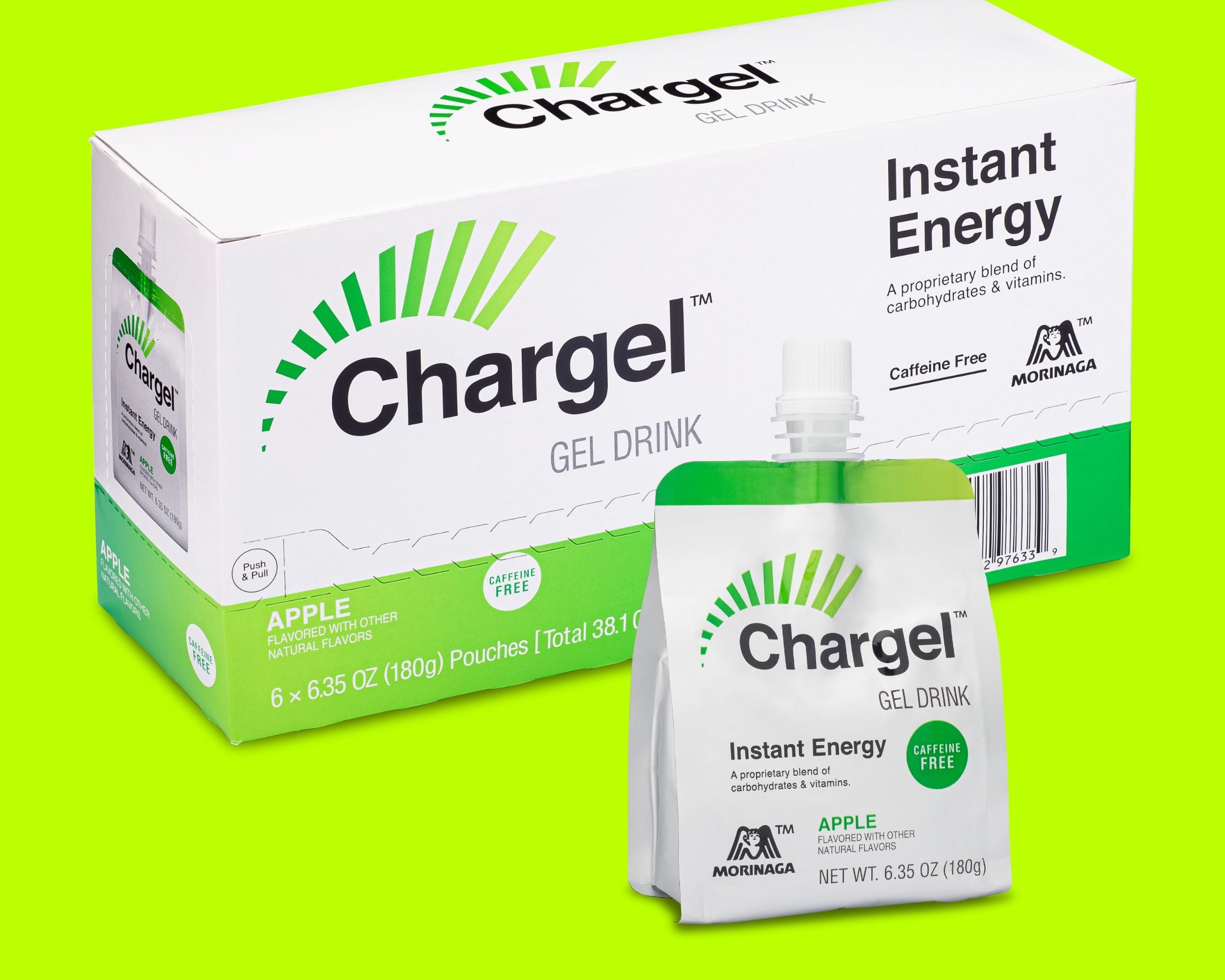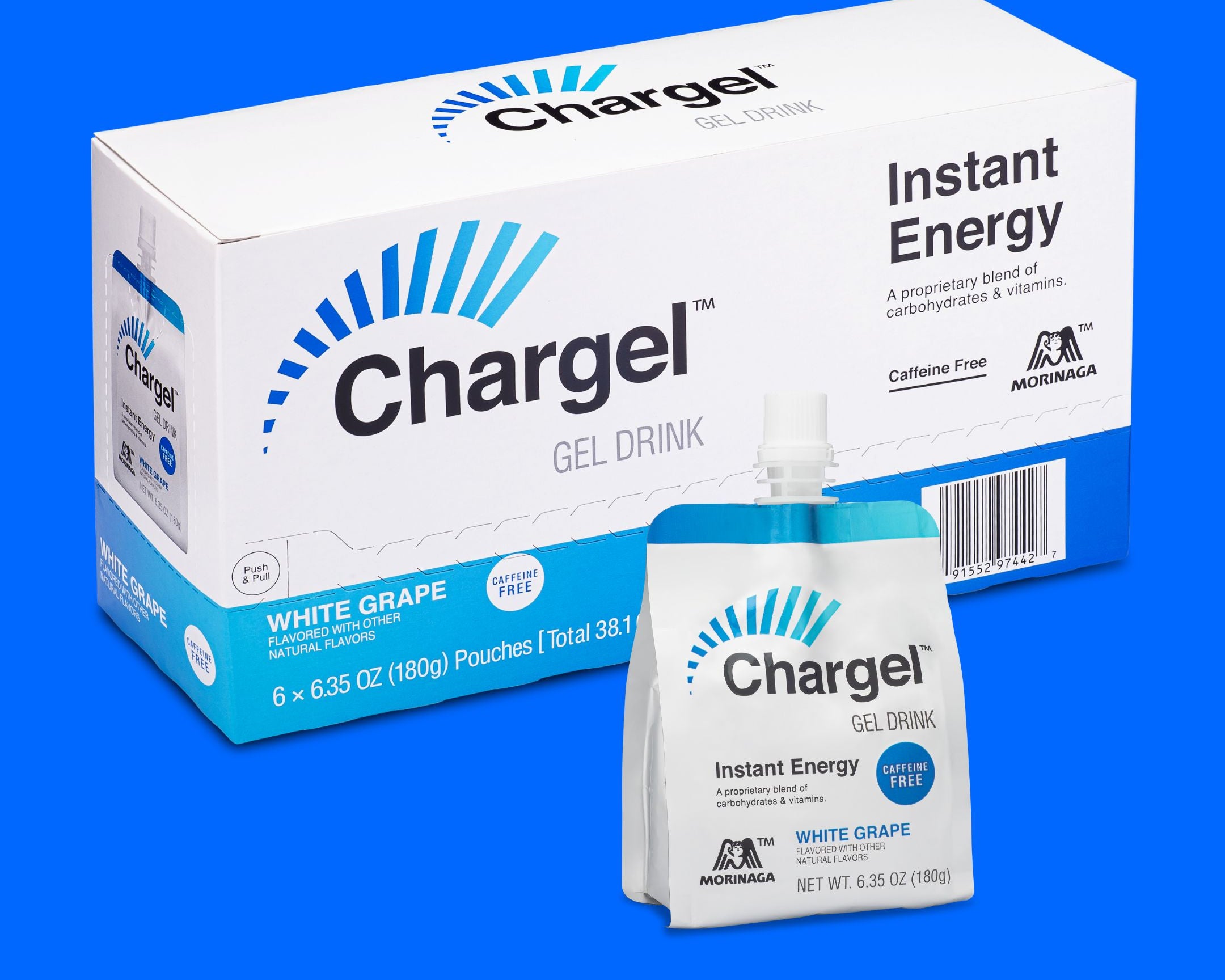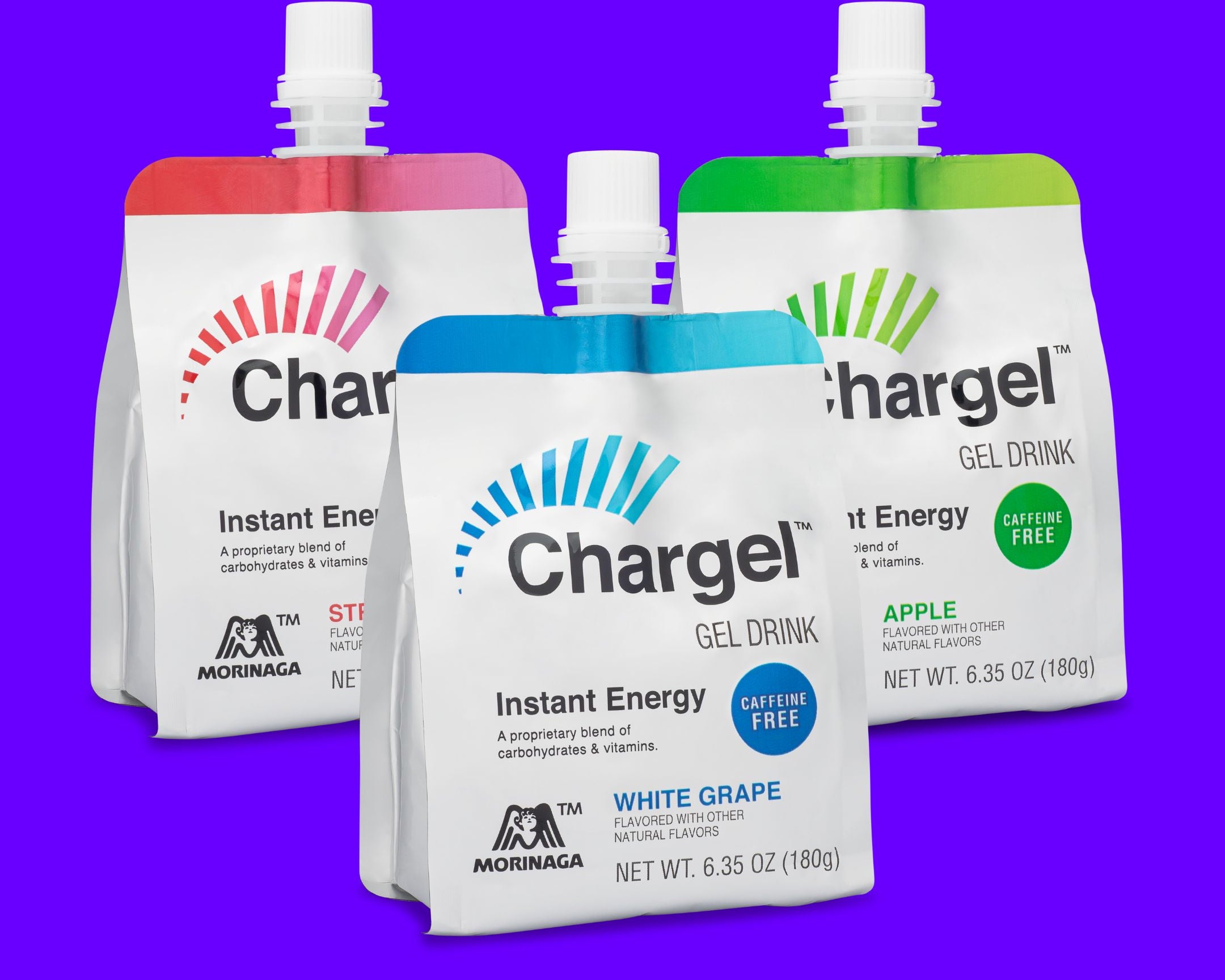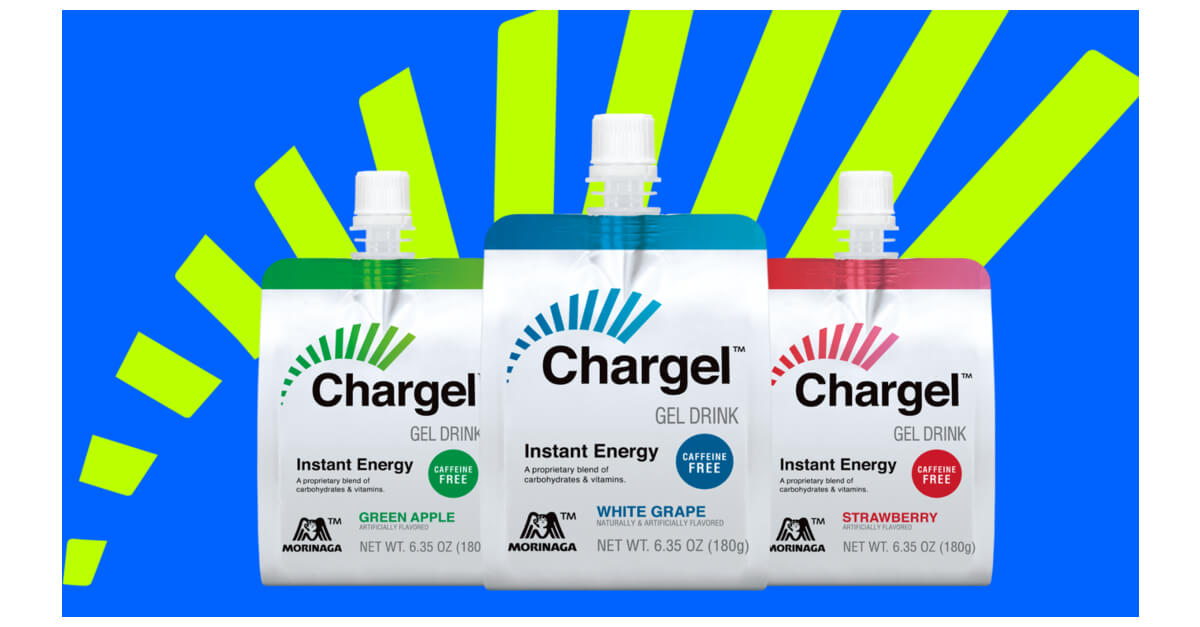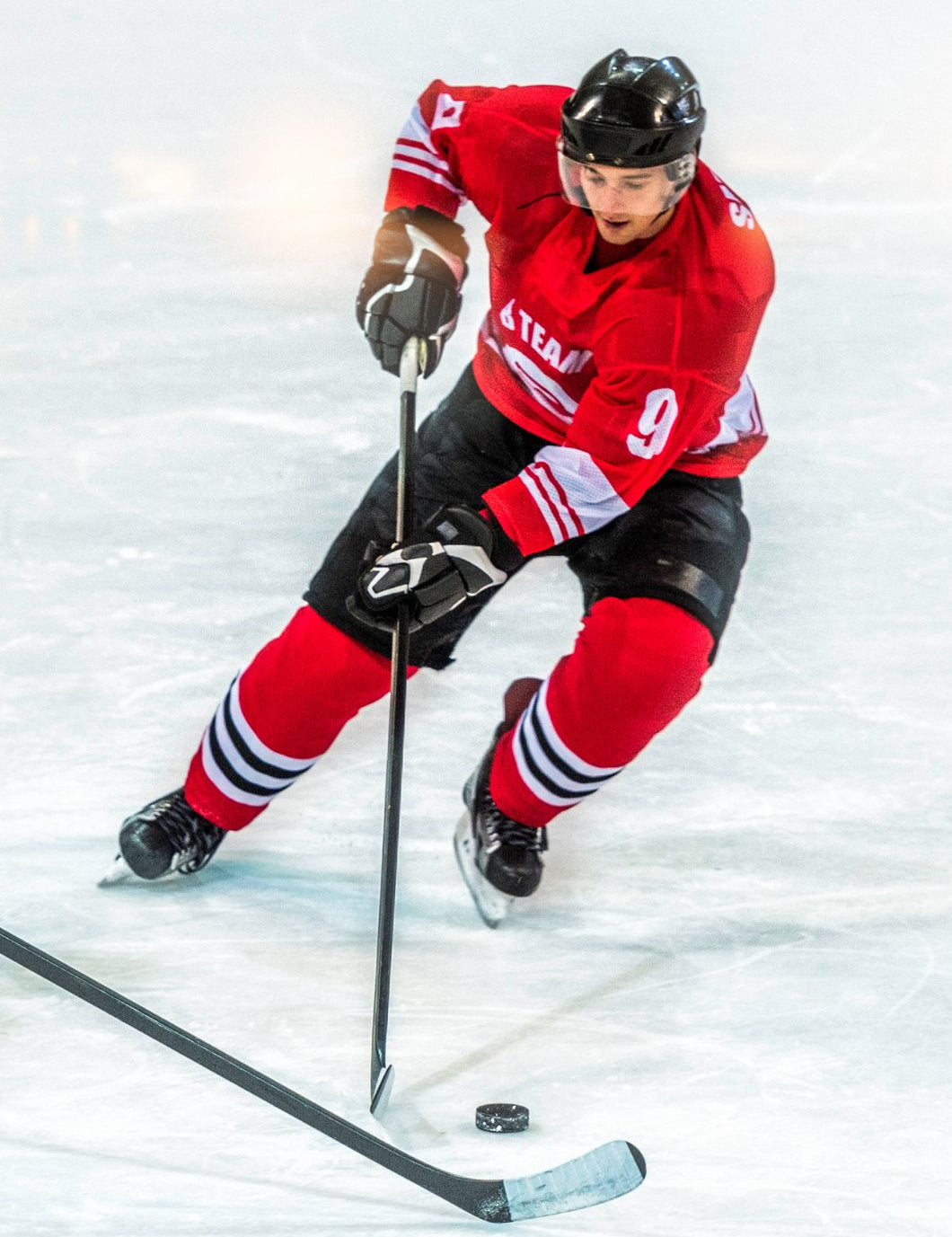
kristen@arnoldrdn.com
IG: @kristenknarnold
Eating and drinking carbohydrates, fluid, and electrolytes during workouts can be a game changing strategy for those who typically just stick with water. While our bodies don’t always tell us we’re hungry during a hard workout, that doesn’t mean they won’t benefit from taking in fuel (calories). Ever felt like you have dead legs or are fatigued part-way through a workout? Ever watched your split times go up instead of down? These are signs that taking in calories during a workout were needed to keep pushing hard and finish strong.
In this article we will discuss why, when, and with what to eat and drink during exercise.

What are the benefits of eating and drinking during workouts?
It is the position of the Academy of Nutrition and Dietetics, Dietitians of Canada, and the American College of Sports Medicine that performance is improved during workouts over 60 to 75 minutes when carbohydrates and fluid are ingested during the workout. In addition to improving performance, fueling during workouts can also improve recovery time for the next workout, making sure you have a great workout every time. These performance improvements are apparent in endurance (cycling, running), high intensity (HIIT training, interval workouts), and intermittent (soccer, rugby, field hockey, basketball) type workouts.
Carbohydrates specifically are the most well-studied nutrient showing positive effects on performance. Taking in carbohydrates during exercise improves performance by supporting blood glucose levels to supply the brain and muscles with a quickly available energy source, sparing glycogen (stored carbohydrates), and even improving absorption of fluid for temperature regulation (keeping you cool during hot workouts).
Bottom line, whatever type of workout you complete over 60 to 75 minutes, you will feel stronger, faster, and sharper when you eat and/or drink carbohydrates and fluid during the workout.

How long does a workout need to be for fueling to matter? And when should I start eating and drinking?
Research shows that taking in carbohydrates and fluid during workouts over 60 minutes improves performance. If you know you are completing a workout over 60 minutes, sipping on fluids, and taking small bites of snacks within the first 15 minutes can ensure your brain and muscles have energy for the latter part of the workout.
What and how much should I eat and drink during a workout?
The amount of carbohydrates and fluid you should take in depends on the duration of the workout. For workouts between 75 minutes and 2 hours, research suggests taking in 30g of carbohydrates per hour is sufficient. For workouts between 2 and 3 hours, 60g of carbohydrates per hour is recommended. For workouts over 3 hours, it is recommended to take in 90g or more of carbohydrates per hour. As the workout duration increases, so does the benefit of taking in multiple types of carbohydrates. Glucose and fructose are examples of different types of carbohydrates. Consuming multiple types of carbohydrates allows the cell to uptake more carbohydrates at one time when compared to just one type. Most sports drinks and sports nutrition products include multiple types of carbohydrates for this reason.
If eating 60g of carbohydrates sounds like a lot, consider using a sports drink with carbohydrates in addition to gels, gummies, fruit, or energy bars. For example, drinking 16 ounces of a sports drink with 15g of carbohydrates per serving plus one Chargel gel drink containing 45g of carbohydrate per hour will get your fueling needs met.

Top tips for those new to eating and drinking during workouts.
-
Start small and work up to the recommended amount of carbs per hour:
Eating and drinking during workouts is not always intuitive as blood is diverted out of the gut into the muscles for performance making digestion more difficult. We can train the gut the same way we train our bodies during exercise to take in food and fluid during workouts. If you get indigestion, burping, or bloating during exercise from eating or drinking, try working up to the recommended amount. Start at 20g of carbohydrate per hour and increase by 10g per hour every workout. -
Sip and take small bites:
Taking in small amounts often is easier on the gut than taking in large amounts less frequently. Avoid indigestion, burping, and bloating by taking small sips and bites every 10-15 minutes, rather than chugging a gel drink or sports drink. -
Try out different flavors:
Flavor fatigue is a concept in sports nutrition used to describe when athletes under fuel because they simply get tired of eating or drinking the same food or drink. Mix up the flavors of your foods and products during workouts to make sure you get the recommended amount in.
Eating and drinking during workouts over 60-75 minutes may be the game changer your body needs to accomplish your athletic goals. Plan out your fueling strategy for during workouts the same way you plan out the workout itself.
